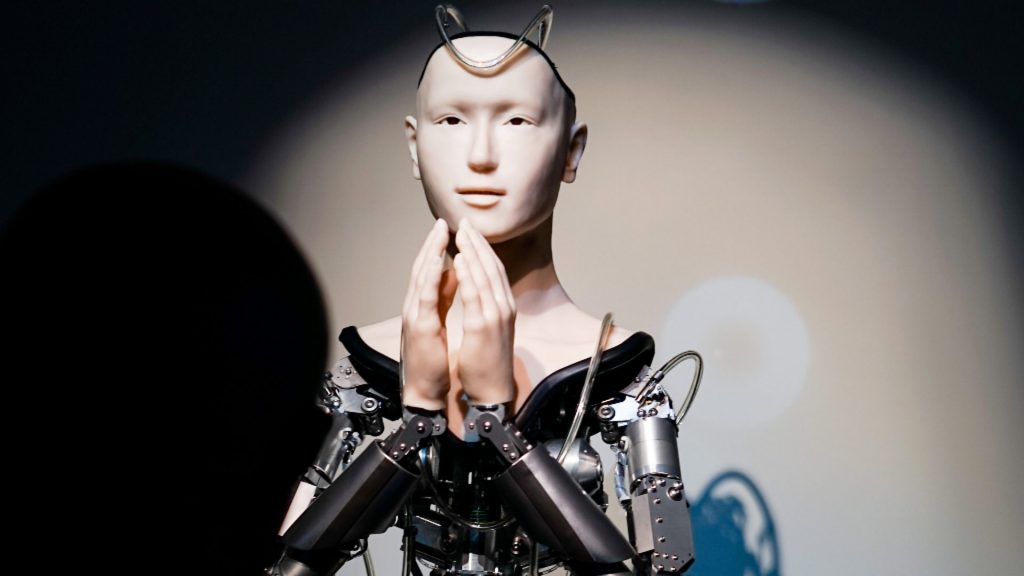In a strange turn of events, and not at all surprising now, robots and automation have found their way into Hinduism, causing alarm among religious experts and worshippers alike.
Anthropology expert Holly Waters, in her recent article for The Conversation, highlights the significant concerns surrounding the use of robots in religious contexts. One such example is the employment of robotic arms to perform the “aarti” ritual in India, which involves lighting a candle to worship Hindu deities.
Although some devotees find the aarti robots and other innovations like a life-size animatronic elephant used in a Kerala temple used to make a Kerala temple “cruelty-free”, to be exciting, others have reservations about what this development could signify for the future of religion.
“There are concerns that the proliferation of robots might lead to greater numbers of people leaving religious practice as temples begin to rely more on automation than on practitioners to care for their deities,” Waters writes, citing research that has found that younger people are, indeed, going to church less.
“Scholars often note that these concerns all tend to reflect one pervasive theme – an underlying anxiety that, somehow, the robots are better at worshipping gods than humans are,” she wrote. “They can also raise inner conflicts about the meaning of life and one’s place in the universe.”
She goes on to note that many scholars have pointed out that “robots, unlike people, are spiritually incorruptible,” which could make them a better alternative to pesky humans.
“This not only makes robots attractive replacements for dwindling priesthoods but also explains their increasing use in everyday contexts: People use them because no one worries about the robot getting it wrong, and they are often better than nothing when the options for ritual performance are limited,” Waters writes.
“Modern robotics might then feel like a particular kind of cultural paradox, where the best kind of religion is the one that eventually involves no humans at all,” the anthropologist concludes. “But in this circularity of humans creating robots, robots becoming gods, and gods becoming human, we’ve only managed to, once again, re-imagine ourselves.”
The entire situation can be perplexing, particularly when considering the context of our rapidly evolving attitudes towards robots and the function of artificial intelligence in modern society.
In conclusion, the integration of robots and automation in religious contexts raises significant questions about the intersection of technology and spirituality. As society continues to grapple with the impact of artificial intelligence, it is important to consider the ethical and cultural implications of its use in all aspects of our lives, including our spiritual practices. Only by engaging in thoughtful and critical dialogue can we ensure that technology is harnessed in a way that aligns with our values and beliefs.

